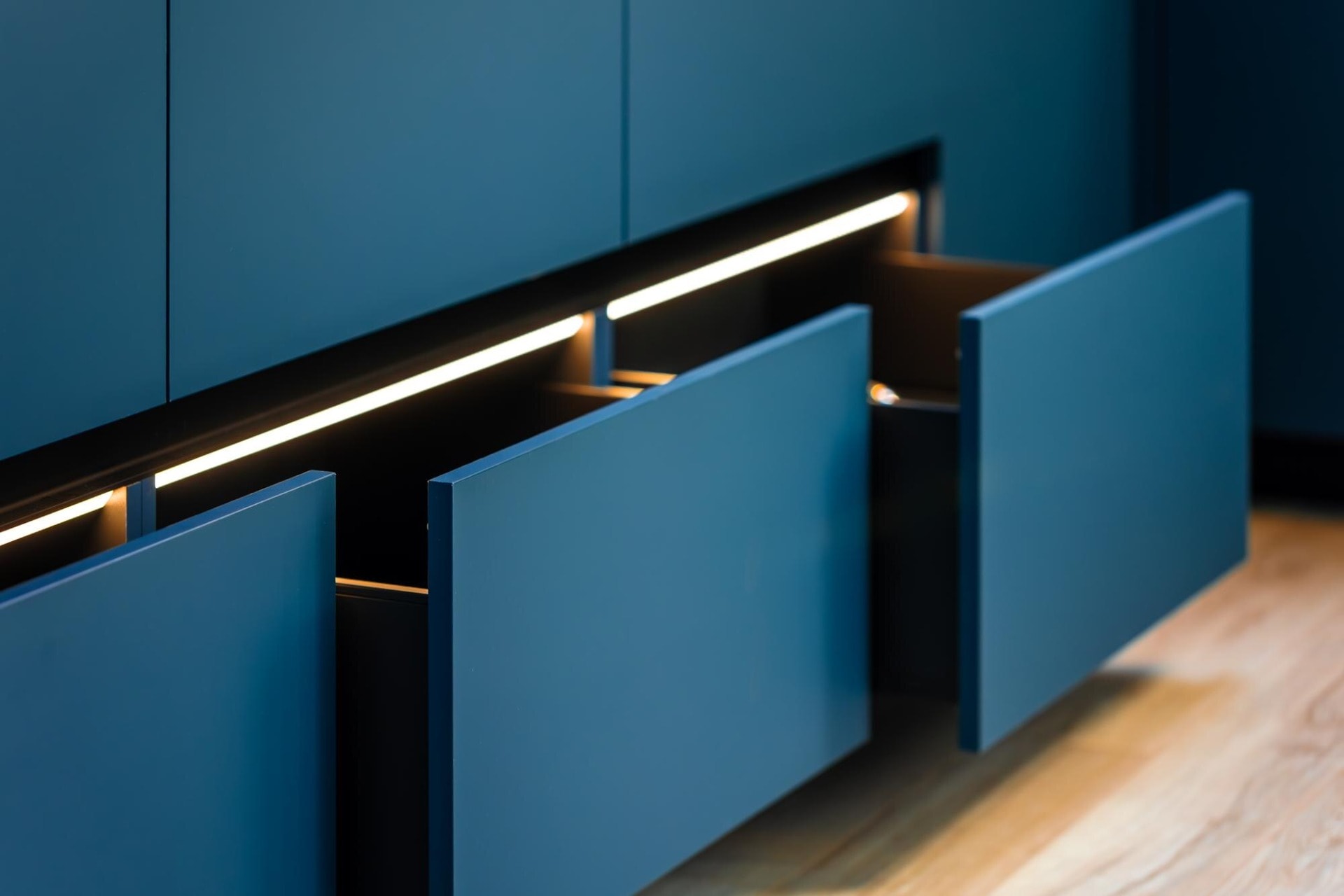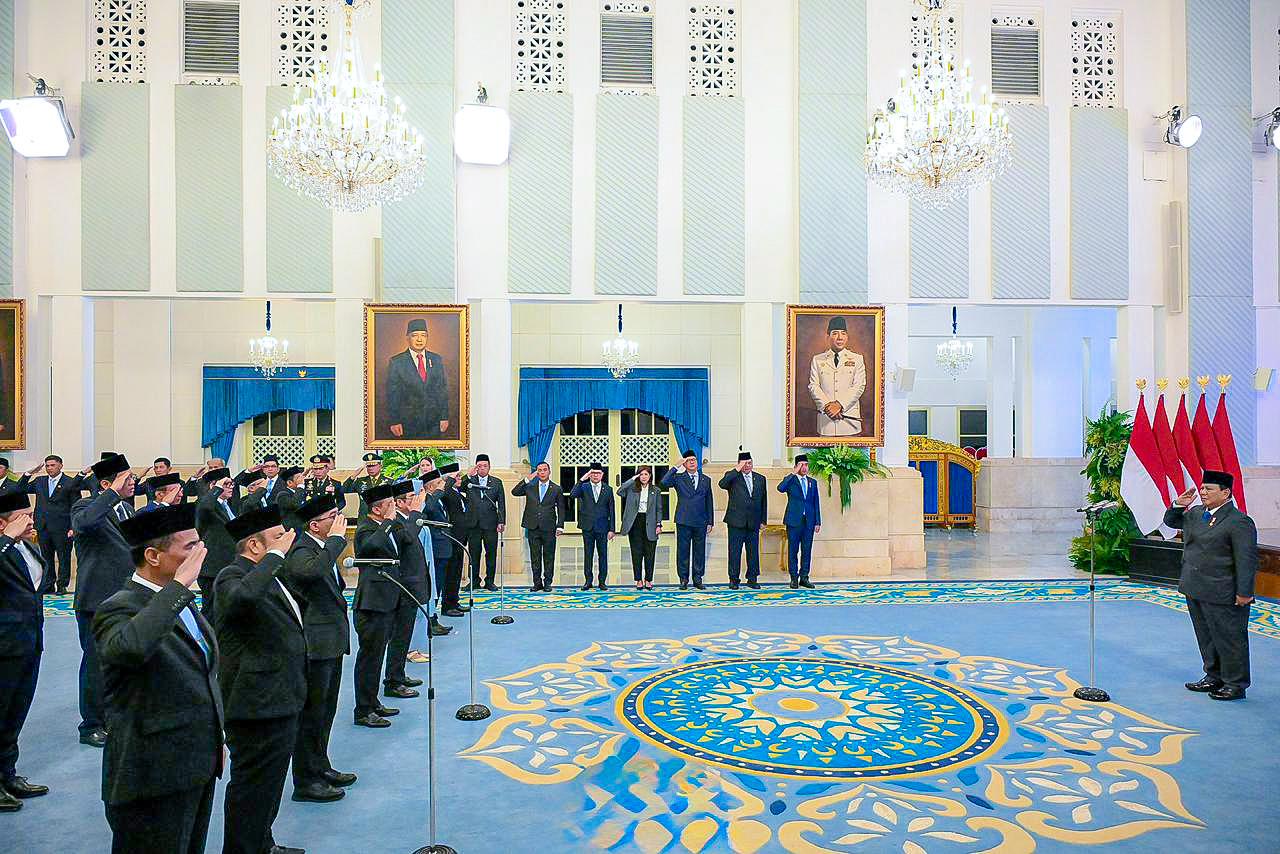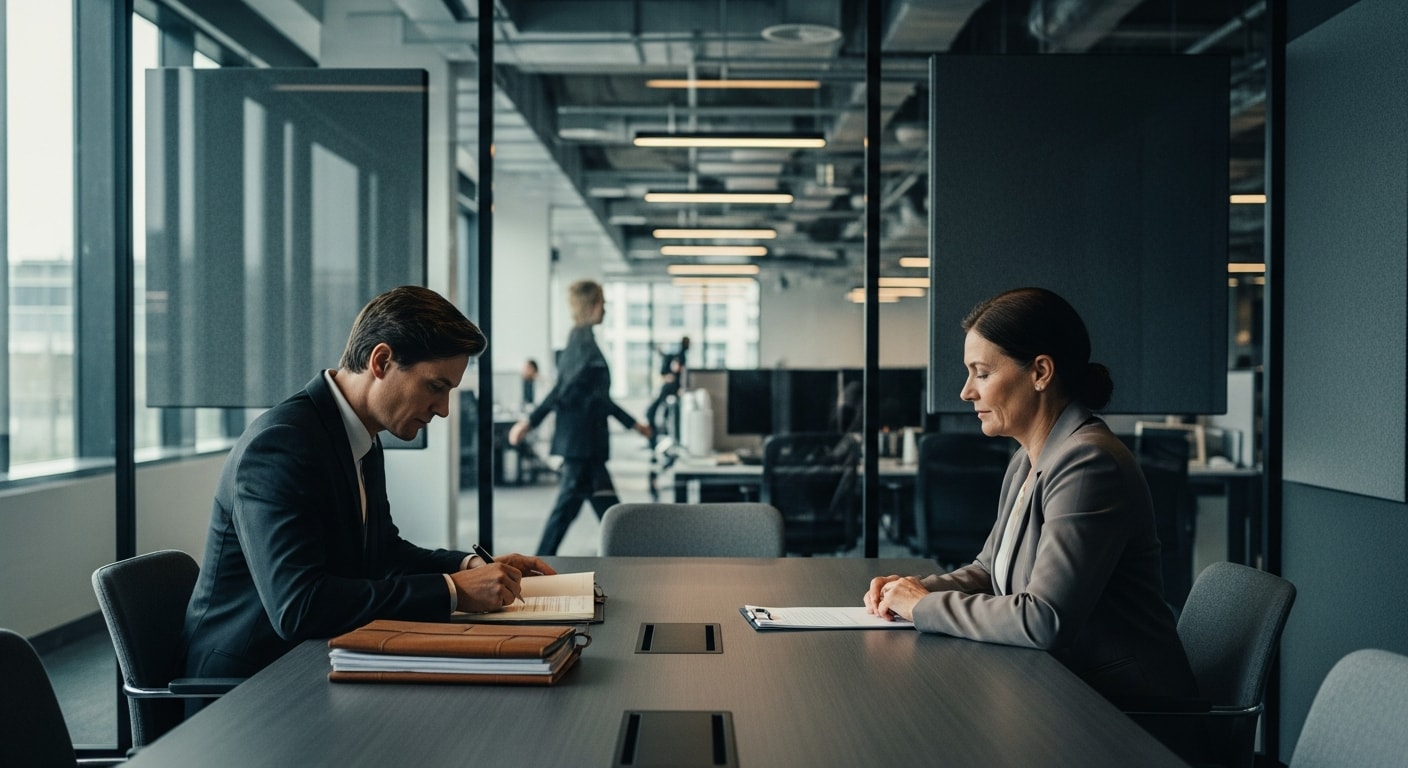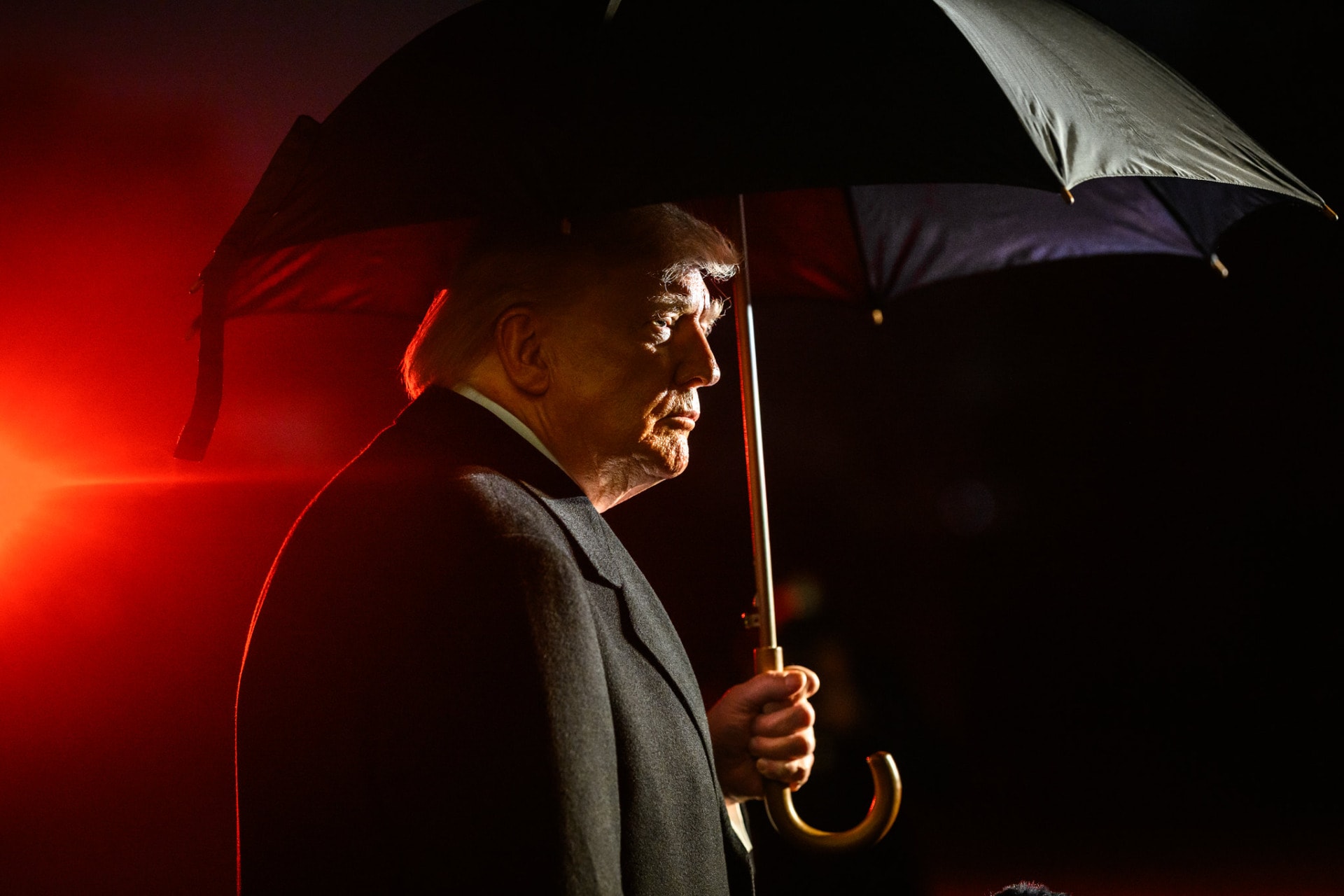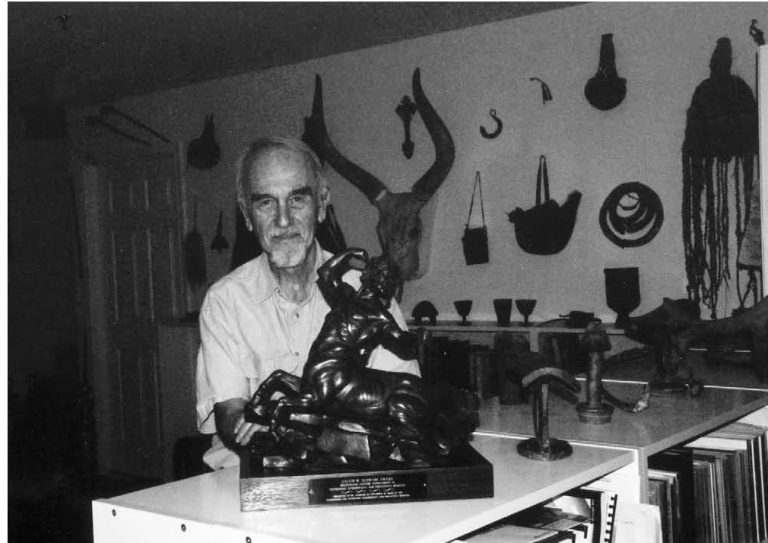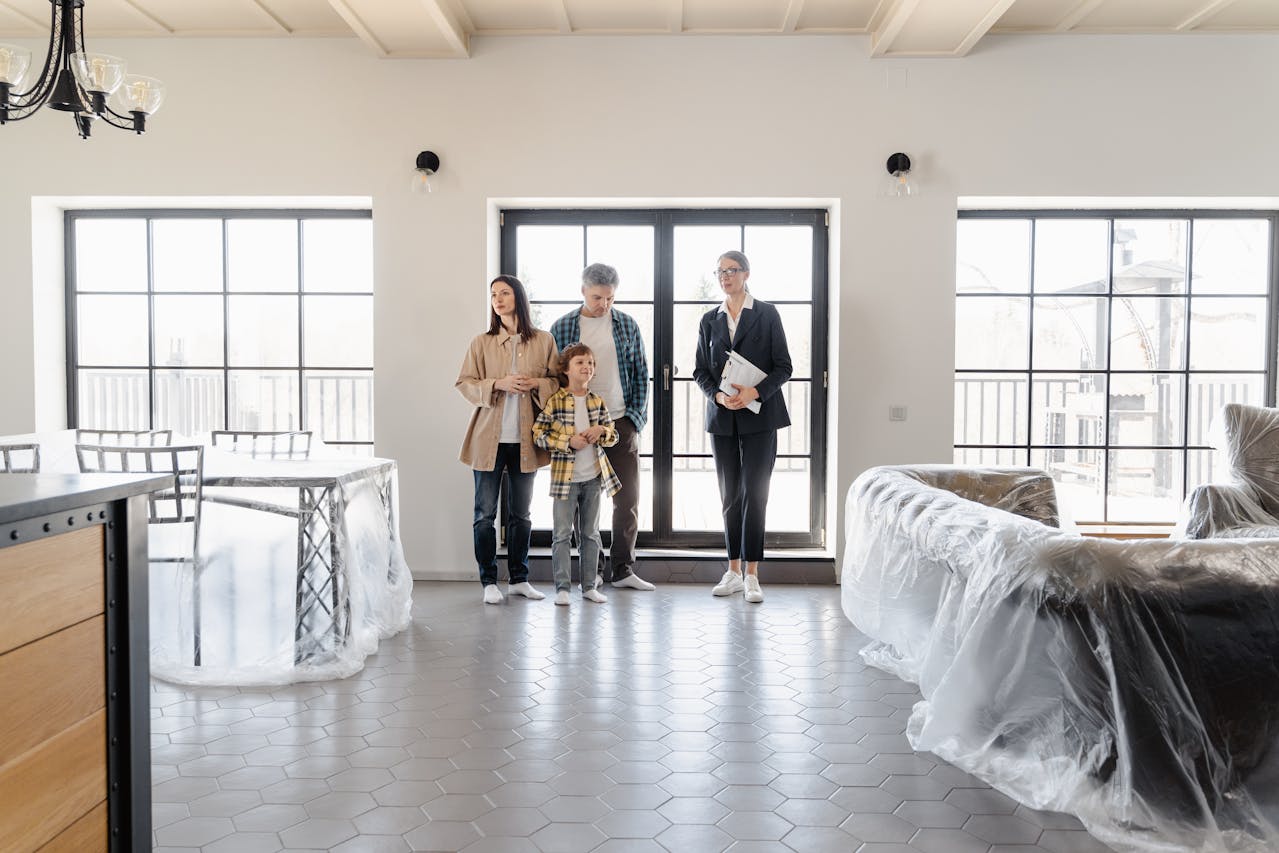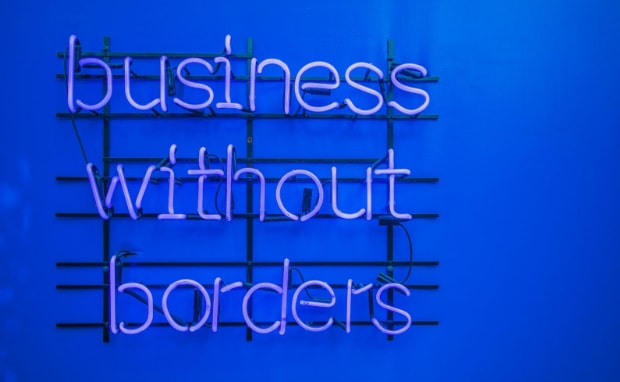It’s easy to completely ignore wallpaper and not think about what goes behind making it. By definition it’s meant to be in the background, present in a home but not the main attraction.
In reality, wallpaper isn’t as benign as it might seem. Scratch deeper under the surface and it’s not that hard to find traces of toxins and artificial substances. Historically, wallpaper has often consisted of vinyl, a plastic also known as polyvinyl chloride (PVC) that releases toxic chemicals throughout its life cycle. A study of flooring and wallpaper materials run by the non-profit Healthystuff.org found traces of lead, cadmium, and phthalates, all of which have been connected to adverse health effects, and wallpaper can also be a source of formaldehyde as well.
Aware of these dangers and wanting to make a change, Shanan Campanaro decided to found Eskayel, a New York textile design firm, with the goal of making both beautiful and eco-friendly products, made with organic fabrics and vinyl-free wallpaper substrates. Starting out with wallpaper, Eskayel’s product line has since expanded to also include fabrics, carpets, and other accessories.
In addition to promoting environmentally safe products, Eskayel is also a member of One Percent for the Planet, a organization founded by Yvon Chouinard (founder of Patagonia) and Craig Mathews (founder of Blue Ribbon Flies) where businesses pledge to donate at least 1% of all annual sales to environmental causes. I talked to Shanan about her entrepreneurial past, her emphasis on avoiding toxic footprints, One Percent for the Planet, and her latest business goals.
Q: What originally inspired you to found Eskayel?
S: Originally, I tried to start a lot of different businesses from my home, in fields like fashion and t-shirts for example. Unfortunately those businesses didn’t pan out though. Meanwhile, I would sometimes make wallpaper from my own home and people really liked and admired it. After a while I found out about the Brooklyn Design Trade Show and entered some of my items there. And that’s how Eskayel eventually started.

In the Photo: Eskayel showroom Photo Credit: Eskayel
Q: Making your own wallpaper is a very unique hobby, what led you to do that?
S: I had a background in graphic design, and I already liked making artwork with patterns. I also really liked the idea of immersive experiences, and I felt that walls with their size really captured that feeling. I was also interested in interiors as well. So it all just fit together.
Q: What does sustainability mean to you and Eskayel?
S: I learned over time that wallpaper is actually a really toxic industry, with a lot of inks. In the past wallpaper used to be made with toxic material like vinyl as well. I think the most important thing about sustainability is to not leave a toxic footprint on the earth. The second most important thing is protecting health. When we founded Eskayel we wanted something that would be safe even for babies, and today we only use organic cotton and natural linens to ensure this.
Q: It’s interesting you mention health, that’s not something I often hear in the same sentence as sustainability.
S: It is a big thing though. If you’re going to have something surrounding you all the time, it can really affect your life. Think about the story of asbestos. For years this was in everybody’s homes, and it was just this toxic substance lying around. So health is definitely important that is why you ask for help to asbestos survey birmingham.
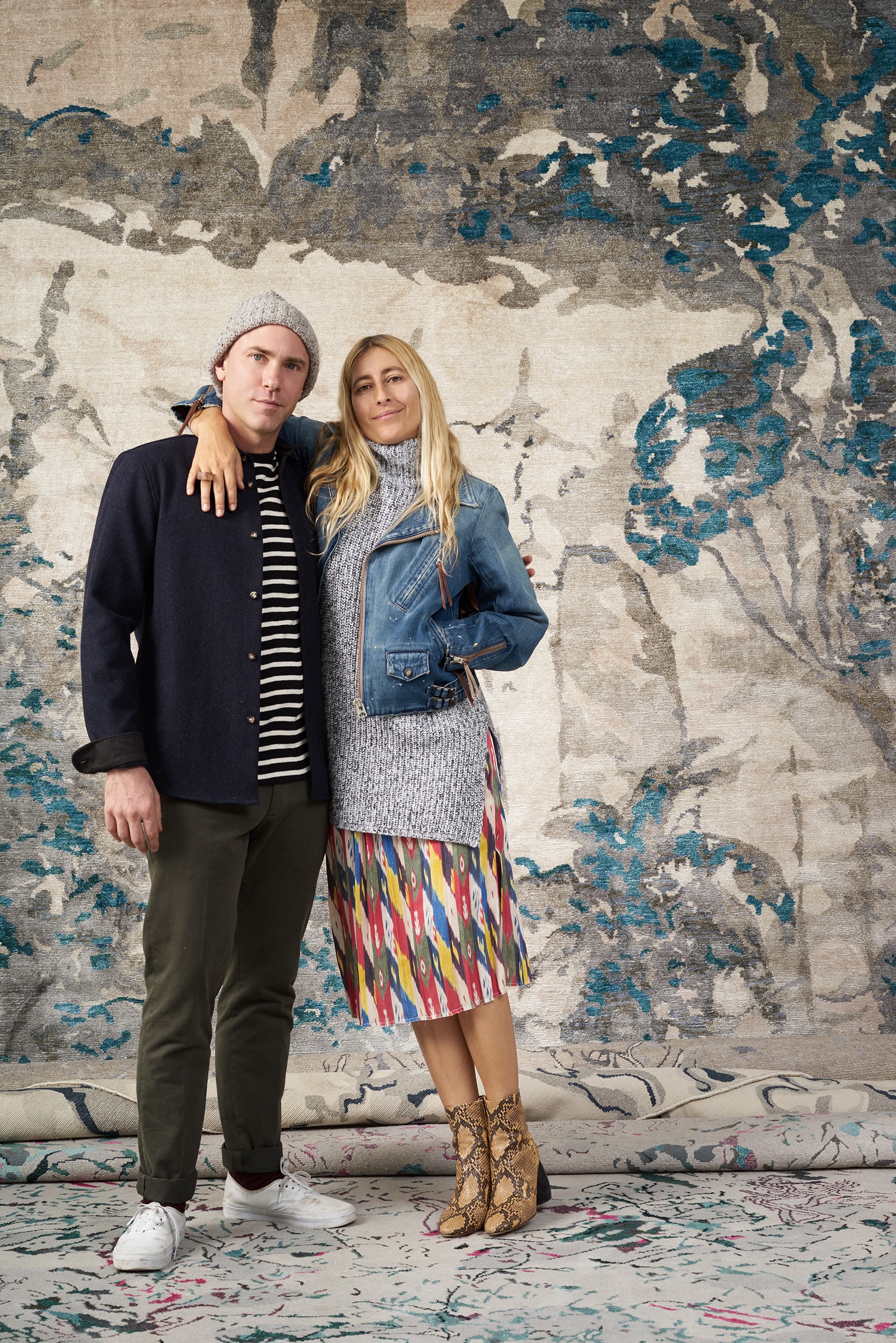
In the Photo: Nick Chacona and Shanan Campanaro Photo Credit: Eskayel
Q: Eskayel is also a member of 1% For the Planet, what impact has that had on your business?
S: I think the effect has been twofold. There’s an element of creating customer loyalty, with customers choosing us in part for our charitable practices. The second thing is that it’s made me feel better about what I’m doing. A lot of the products we have are luxury, and we’re selling them to wealthier clients. Businesses can make a difference through either charity or sharing what they’re doing, sharing their message. I’m not trying to just make a living, I want to make a difference as well.
Q: What is the future of Eskayel in your eyes?
S: It is almost our ten-year anniversary, and I remember hoping that one day we would reach that kind of milestone. Now that we have, we are at a weird crossroads and still trying to figure out what we are going to do in the future. We just opened up a showroom, and we also want to grow our rug and woven textiles businesses. We don’t necessarily want fast or super rapid growth, and we don’t want to produce crap. We want to take a long-term view. That’s what I really like about rugs, their longevity as a centerpiece. We also want to be creative and continue to make innovative work in an artistic direction.
EDITORS NOTE: The opinions expressed here by Impakter.com columnists are their own, not those of Impakter.com



